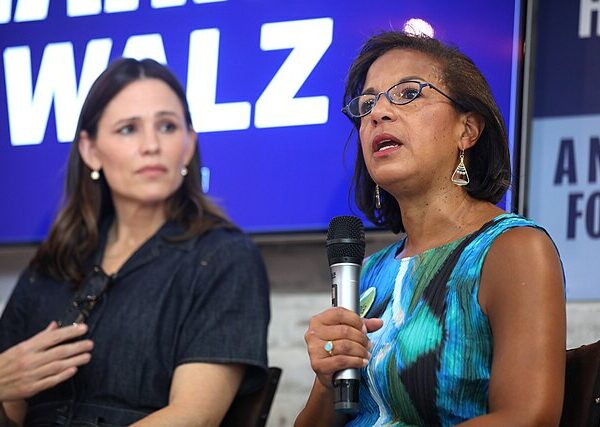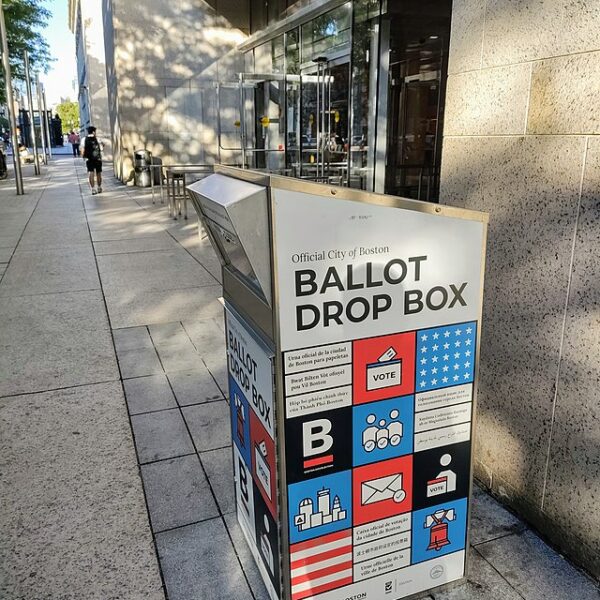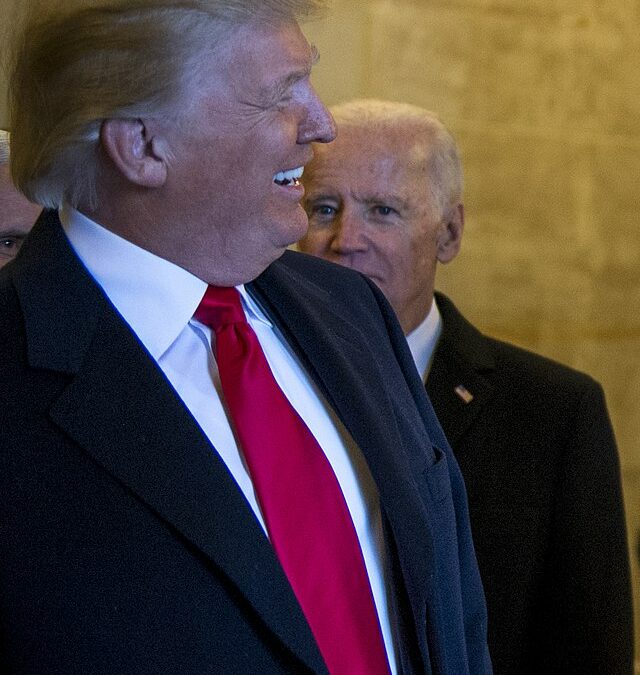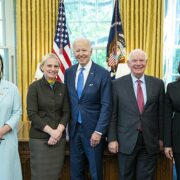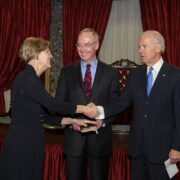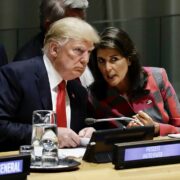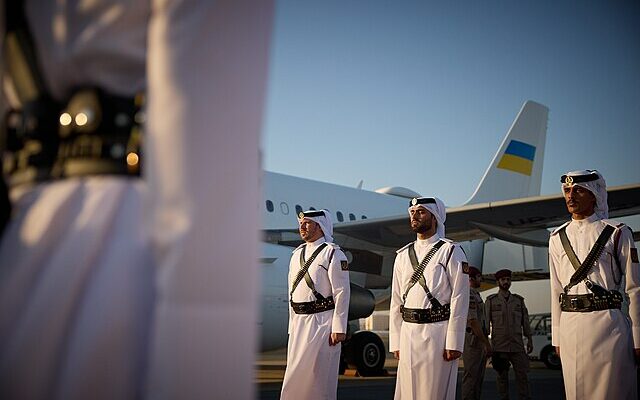
Qatar’s long-running financial relationships with major U.S. universities are facing renewed scrutiny after a new report alleged that tens of billions of dollars in Qatari funding have helped the Muslim Brotherhood cultivate influence inside American academic and cultural institutions.
The study, published by the Institute for the Study of Global Antisemitism and Policy (ISGAP) and titled “The Muslim Brotherhood’s Strategic Entryism into Western Society: A Systematic Analysis,” argues that Qatar has spent two decades using its vast wealth to advance the Brotherhood’s ideological goals in the United States. The report frames the effort as part of a broader strategy to reshape Western democratic societies from within, according to The New York Post.
Dr. Charles Asher Small, ISGAP’s executive director, told the New York Post that “the royal family of Qatar has a Bay’ah — a spiritual oath — to the Muslim Brotherhood, so they’re pumping in many, many billions of dollars into our universities, K-12 schools and cultural institutions, using influence and soft power to promote its ideology.” ISGAP’s researchers estimate that documented Qatari donations to U.S. higher education exceed $20 billion and contend that the real total could be far higher. Small described the known figure as “the tip of the iceberg,” suggesting the true amount could surpass $100 billion once all funding streams are accounted for.
The report identifies Cornell University as the largest single beneficiary, asserting that the institution has received roughly $10 billion, much of it tied to the operation of Weill Cornell Medicine-Qatar. A Cornell spokesperson acknowledged substantial support but stressed that “virtually all funding remains in Qatar for Weill Cornell Medicine-Qatar school operations” and averages about $156 million each year. Georgetown University is said to have received more than $1 billion for Middle East studies and diplomatic-training programs, while Texas A&M University’s Qatar campus reportedly operated under a $1.3 billion arrangement that assigned intellectual-property rights to the Qatar Foundation.
Texas A&M moved earlier this year to wind down its Qatar campus, citing a shift toward its domestic mission. The university rejected suggestions that it had conducted nuclear, weapons, or other national-security research there.
ISGAP’s report also highlights student organizations as part of the Brotherhood’s “entryism” strategy, identifying the Muslim Students Association — with chapters on hundreds of campuses — as a central conduit. It further points to alleged coordination between the MSA and Students for Justice in Palestine. The Qatar Foundation International, which supports U.S.-based educational programming, faced backlash last year after a classroom map it provided to a Brooklyn public school labeled Israel as “Palestine.”
The allegations have fueled fresh political calls to designate the Muslim Brotherhood as a foreign terrorist organization. Texas Governor Greg Abbott recently applied the terror designation to both the Brotherhood and the Council on American-Islamic Relations. Rep. Elise Stefanik (R-N.Y.) said she has “consistently supported designating the Muslim Brotherhood as a terrorist organization to bolster our national security and protect the future of higher education.”
Beyond financing academic and campus institutions, Qatar’s reach into U.S. elite decision-making and leadership circles appears to be growing.
One instance involves James “Jim” Biden, brother of President Joe Biden. Court testimony and media coverage show that Jim Biden participated in business dealings with Qatari government entities, including efforts to raise $30 million for a U.S. healthcare chain, Americore. Fund manager Michael Lewitt testified that two companies in the arrangement were partially owned by Qatari government officials.
Another filing by the U.S. House Oversight Committee alleged that Jim Biden induced loans from Americore based on promises of Middle Eastern funding — including Qatar and Saudi Arabia — leveraging his family name. These connections raise questions of access and influence: when a close relative of the U.S. president seeks foreign-funded business arrangements, the possibility of quid pro quo or diplomatic leverage becomes concerning.
A second example centers on the decision by President Donald Trump to accept a luxury Boeing 747-8 aircraft gifted by Qatar’s royal family for use as Air Force One. Though Boeing’s failure to deliver a new presidential aircraft fleet created a gap, critics argue that accepting such a gift from a foreign government carries profound ethical and security risks. The Pentagon formally accepted the aircraft in May 2025, triggering bipartisan scrutiny over whether the deal violates the U.S. Constitution’s emoluments clause.
A third dimension of Qatar’s influence is its investment in media and public opinion in the U.S. According to The Washington Examiner, Qatar retained a U.S. consulting firm that facilitated a high-profile interview between broadcaster Tucker Carlson and Qatari Prime Minister Mohammed bin Abdulrahman Al Thani in March. Qatar’s embassy reportedly paid the firm $180,000 a month for media and communications services, according to The Washington Examiner. Alongside academic funding, such media maneuvers suggest a broader strategy of shaping U.S. elite discourse and public narrative.
[Read More: Liberal Judge Blocks Mother From Taking Daughter To Church]


